prion
Origin: proteinaceous infectious particle
(microbiology) an infectious protein particle similar to a virus but lacking nucleic acid; thought to be the agent responsible for scrapie and other degenerative diseases of the nervous system.
The word, for proteinaceous infectious agent, was coined in 1982 by neurologist stanley Prusiner as part of a hypothesis regarding ailments bearing aetiologic resemblance to those caused by slow viruses (for instance, kuru). The hypothesis has been borne out by investigation. Prions are now believed responsible for several transmissible neurodegenerative diseases such as creutzfeldt-jakob disease (CJD), the human form of mad cow disease.
prions are infectious proteinaceous particles that lack nucleic acid. Prions are said to be in the border zone between nonliving and living things because they have no need to metabolize or the capacity to reproduce but they are capable of replication within the body of a human or of some mammals.
prions can gain entry into the body mainly by ingestion, e.g. of contaminated human Growth Hormone or of contaminated blood or blood products. Prions may also arise from a mutation in the gene that encodes the protein. They not only fold into unusual shapes but also seem to have the ability to cause other (normal) proteins to alter their shape as well.
Since in general the disease would show symptoms only after more than 30 years the prions have already accumulated and attacked nerve cells or brain tissues, leaving spongelike holes. Prion diseases have both infectious and hereditary components. The gene that codes for prions can mutate and be passed on to the next generation. Most of the diseases also can be acquired directly by infection, but unlike other infectious agents, prions provoke no immune response.
Dictionary > Prion
You will also like...
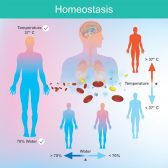
Physiological Homeostasis
Homeostasis is essential to maintain conditions within the tolerable limits. Otherwise, the body will fail to function p..
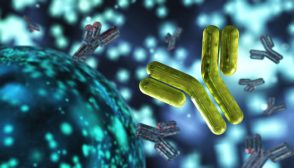
Passive and Active Types of Immunity
Lymphocytes are a type of white blood cell capable of producing a specific immune response to unique antigens. In thi..
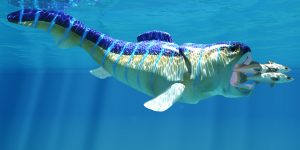
Fish
The sea was teeming with life. Eventually, through reproduction and continued variation, fish came about. There are over..

The Origins of Life
This tutorial digs into the past to investigate the origins of life. The section is split into geological periods in the..
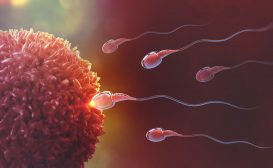
Human Reproduction and Fertilization
For human species to obviate extinction, reproductive mature adults should be producing viable offspring in order to con..
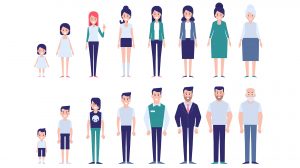
Developmental Biology
Developmental biology is a biological science that is primarily concerned with how a living thing grows and attains matu..

